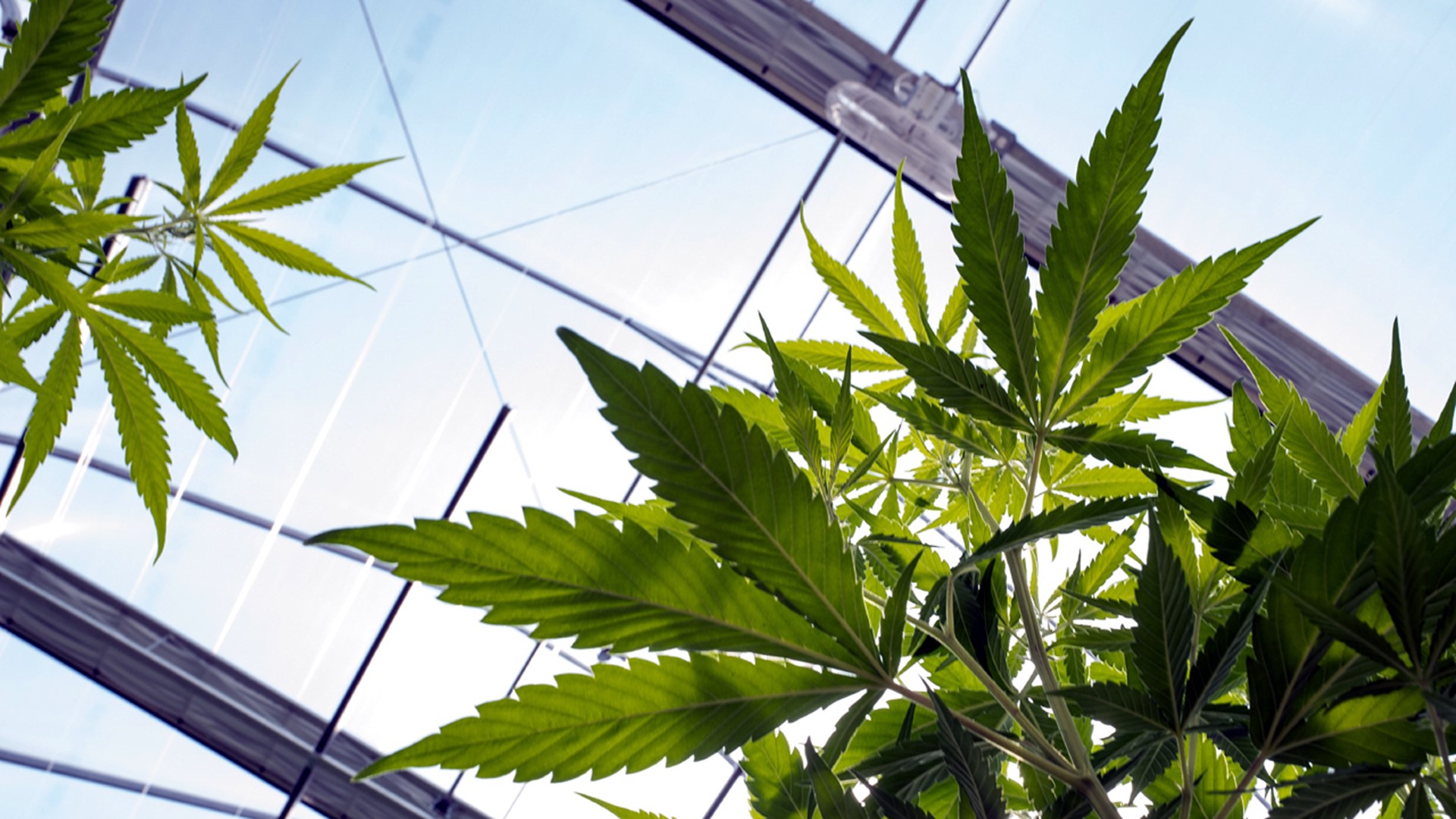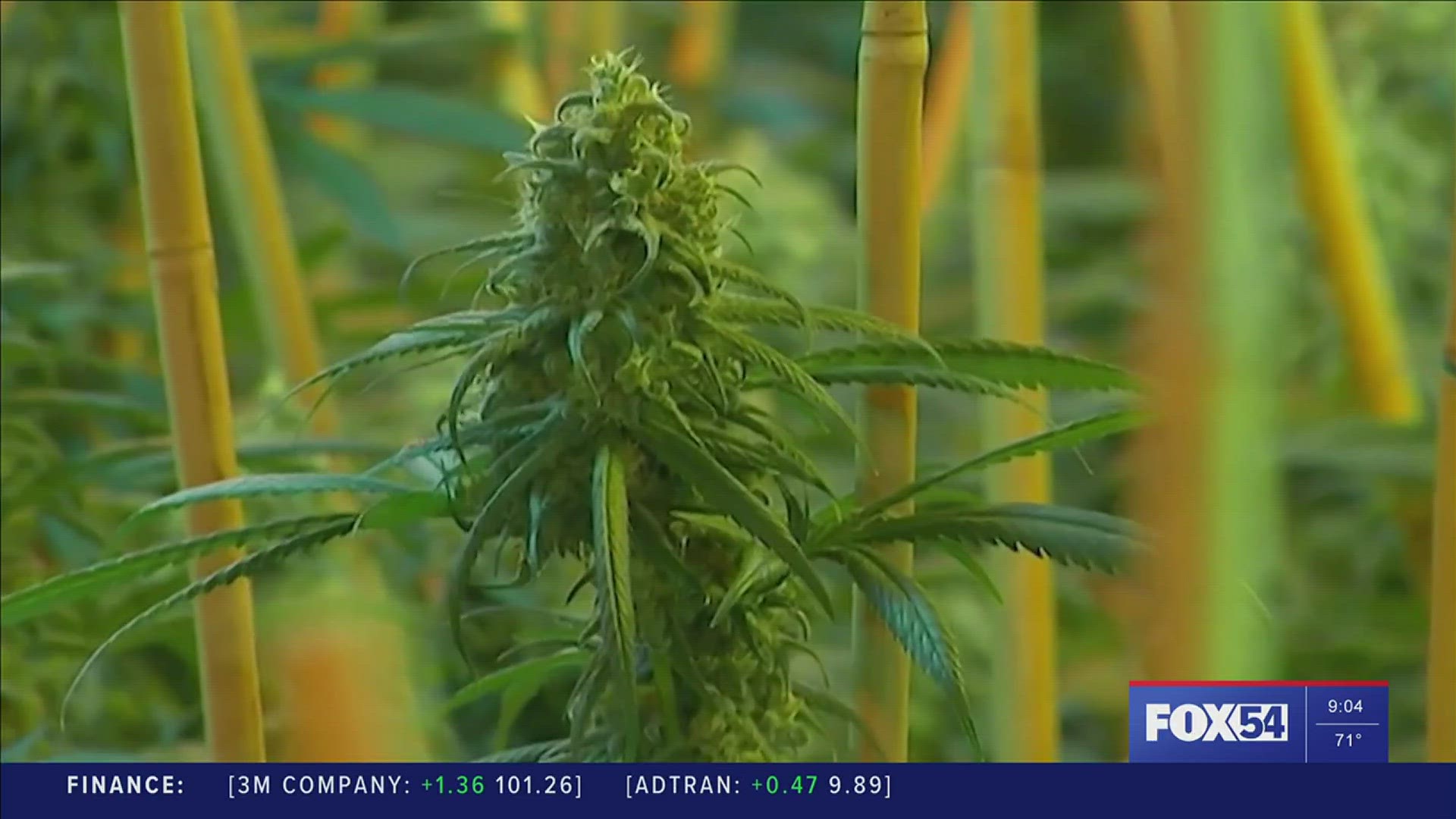21 cannabis businesses granted licenses by Alabama commission
21 businesses, ranging from cultivation to testing to dispensary, were approved to operate by the Alabama Medical Cannabis Commission.

At its meeting on June 12, the Alabama Medical Cannabis Commission awarded 21 businesses the license to begin operations in the state. The businesses range from growing and cultivation of marijuana plants to processing, testing, transportation, and dispensing of the resulting products.
It's fewer than the 25 licenses the commission was allowed by statue to issue for cultivators, processors, and dispensaries. The is no limit to the number of transport and testing licenses that could be issued.
The Winners Who were granted licenses?
- Integrated facilities
- Flowerwood Medical Cannabis, LLC
- Southeast Cannabis Company, LLC
- Sustainable Alabama, LLC
- TheraTrue Alabama, LLC
- Verano Alabama, LLC
- Cultivators
- Blackberry Farms, LLC
- Gulf Shore Remedies, LLC
- Pure by Sirmon Farms, LLC
- Twisted Herb Cultivation, LLC
- Processors
- 1819 Labs, LLC
- Enchanted Green, LLC
- Jasper Development Group, Inc.
- Organic Harvest Lab, LLC
- Dispensary
- CCS of Alabama, LLC
- RJK Holdings AL, LLC
- Statewide Property Holdings AL, LLC
- Yellowhammer Medical Dispensaries, LLC
- Secure transport
- Alabama Secure Transport, LLC
- International Communication, LLC
- Tyler Van Lines, LLC
- State testing
- Certus Laboratories
What they do Explaining what each license grants
“There was no shortage of qualified individuals and entities who provided applications for us to consider,” explained Commission Chairman and Oncologist, Dr. Steven Stokes. “Based on the evaluators’ assessments and the Commission’s considerations, we believe that we have selected an outstanding slate of inaugural licensees to represent Alabama’s new medical cannabis industry.”
Chey Garrigan, founder of the Alabama Cannabis Industry Association, said the integrated facility category was the so-called "golden ticket" because it allows for almost every aspect of the industry.
"You can grow your own cannabis, you can process and you're allowed up to five different retail locations in five different counties," Garrigan explained.
Cultivation licenses will only allow the license holder to grow and harvest their own marijuana crops.
Processors will be of special importance, as Alabama will only allow certain strains of medicinal marijuana to be consumed legally within the state. "It will have to be processed in one of the approved forms of the way that we can administer the medication," said Garrigan.
Dispensaries, like pharmacies, will be licensed to sell cannabis products directly to the consumer. "The dispensary operation is actually what is going to serve the patient," Garrigan said.
'Secure transport' will involve the movement of the cannabis plants and products from farm-to-consumer -- and the money made from it, as well. "They transfer the products from the stores... the packaging to the retail dispensaries... [and] the money to the bank."
With only one state testing license granted, Certus Laboratories will be the only company allowed to possess and test cultivated product. "I hope they're able to keep up with the amount of volume that's going to be produced here in the state," Garrigan said.
What's next Where we grow from here
Applicants who were awarded licenses must now pay applicable fees and have two weeks to do so. Licenses will officially be issued to the awarded organizations at the next commission meeting on July 10.
Another round of license applications is expected to begin, though a date for the next round has yet to be announced.
Under the rules created by the Alabama Board of Medical Examiners, physicians may begin the certification process to recommend medical cannabis once the business licenses have been issued.
For a patient to qualify for medical cannabis, the patient must have at least one of the qualifying conditions and be recommended for medical cannabis by a certified physician.
“The Commission looks forward to affording more opportunities for individuals to participate in the industry,” said commission vice-chair Rex Vaughn. “These businesses will not only serve the patients of Alabama but provide business and job opportunities for local communities.”


